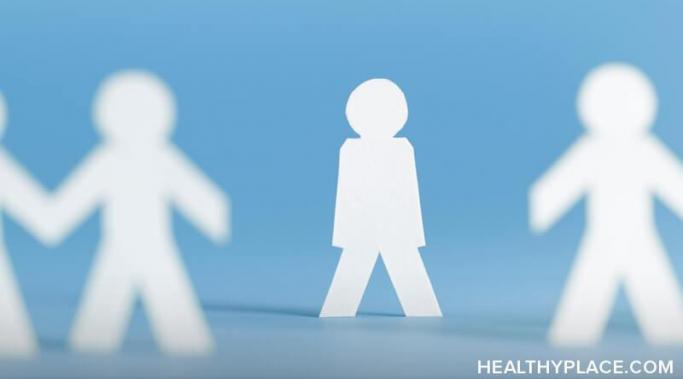Psychiatrist William Dodson developed a term specifically applicable to people with attention-deficit/hyperactivity disorder (ADHD): rejection sensitive dysphoria (RSD). Rejection sensitive dysphoria applies to people with ADHD because ADHDers tend to be particularly sensitive. While the existence of RSD is up for debate, the emotionality of ADHDers is not. Many with the disorder agree that they are extremely sensitive to rejection, criticism, and failure.
Living with Adult ADHD
Attention-deficit/hyperactivity disorder (ADHD) and premenstrual syndrome (PMS) are a tough combination. Many women with ADHD also suffer from PMS, which can be severe enough to resemble premenstrual dysphoric disorder (PMDD), an extreme form of PMS. PMS impacts women's mental health and I find that my ADHD symptoms worsen right before my period. There is actually a scientific reason for this as hormones play a major role in ADHD.
Renaming attention-deficit/hyperactivity disorder (ADHD) is on my mind because, in honor of ADHD Awareness Month, I binged on lectures by ADHD-expert Dr. Russell Barkley. He points out that “attention-deficit/hyperactivity disorder” is a poor term for the condition, and he is not alone in thinking that renaming ADHD is a good idea. Fellow ADHD-specialist Dr. Edward Hallowell claims that “ADHD is a terrible term,” and many with this condition agree, myself included. I started to wonder about the history of the term, if there were alternative names for the disorder, and if renaming ADHD could reduce ADHD stigma.
I love getting new books, but attention-deficit/hyperactivity disorder (ADHD) makes reading difficult. Discovering what is between book covers is a wonderful experience. However, finishing those books is a different issue. As is often the case for people with ADHD, I have difficulties with follow-through on things, and that includes reading; other people with ADHD find reading difficult for other reasons.
October is Attention-Deficit/Hyperactivity (ADHD) Awareness Month. Many are familiar with the term “ADHD,” formerly known as “ADD." The disorder is characterized by impulsiveness, hyperactivity, and difficulty regulating focus. However, many people are not familiar with why ADHD should be recognized and not dismissed as a made-up or exaggerated condition. This is why we have a month dedicated to bringing awareness to ADHD.
I have wasted so much time trying to orient myself while traveling thanks to my attention-deficit/hyperactivity disorder (ADHD) and my lack of sense of direction. My iPhone battery is a precious resource when I have to constantly check its GPS. I try to inform others that I have a terrible sense of direction, but many still seem surprised at my incompetence (ADHD: Better Late Than Never?). The connection between ADHD and a sense of direction is more complex than I realized.
To be fair, the Stanford marshmallow study is itself not stupid. It is the way that it is reported that often leaves me frustrated. In the 1960s and ’70s, Stanford psychologists conducted a series of studies in which researchers placed a marshmallow (or another treat) in front of a child. They told him that he would receive a second treat if he could wait for 15 minutes while the researchers left the room. Follow-up "marshmallow" studies revealed that the children who could wait longer tended to be more “successful” than those who did not. Unfortunately, this is the kind of narrative people with attention-deficit/hyperactivity disorder (ADHD) know too well, and it is the kind of test they often "fail." ADHD and self-control is a big deal.
People with attention-deficit/hyperactivity disorder (ADHD) experience a sense of urgency. In fact, people with ADHD have a complicated relationship with time in general. ADHD-ers often suffer from "time blindness” that makes time management difficult because we often can't accurately measure time. It can make both everything and nothing seem urgent. Today, I would like to address this “now or never” aspect of adult ADHD and urgency.
My name is Noelle Matteson, and I will be writing for HealthyPlace’s blog Living with Adult ADHD. I am at the beginning of my attention-deficit/hyperactivity disorder (ADHD) journey, so I thought this would be a good place to share my experiences and to learn about yours.
Organization strategies for adults with ADHD help reduce frustration and regain time lost to disorganization. I feel organization strategies that work with adult ADHD will provide the foundation of being able to move out into the world and focus on living. My disorganization has robbed me of years of my life as I am always looking for something or moving things around the house creating another area of clutter. I needed a new organization strategy for dealing with adult ADHD, and this is what I decided to do.









